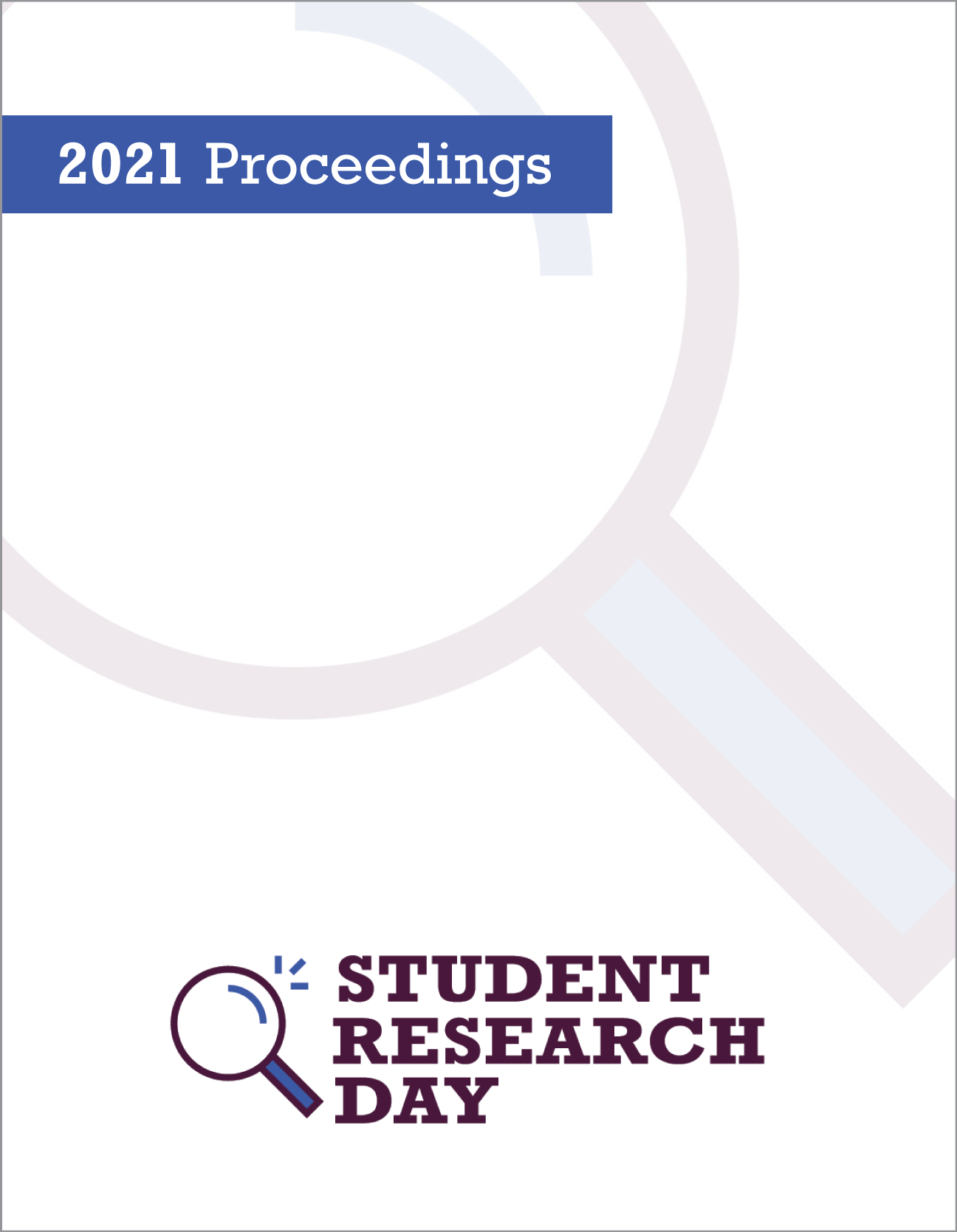Effects of Parasites on Cyphoderris Monstrossa.
Abstract
Parasitism is the most successsful feeding strategy in nature with an estimated 50% of species being parasitic. Gregarines are endoparasites living mostly in the midgut of invertebrates. Gregarines can have a positive and/or negative effect on its host depending on various factors such as environmental conditions. Cyphoderris monstrossa, an orthoptera, has a mating strategy in which the female feeds on the hind wings of males during mating. This mating strategy has shown to be energetically costly to males. Parasitism is also costly to species and combined with a costly mating strategy can be deadly to a species. Gregarines are very host specific and to date no research has been done on parasitism in Cyphoderris monstrossa. This study determined what effects these parasites have on male Cyphoderris in terms of 1) their body size, 2) body condition in terms of weight, 3) spermatophore production, and 4) their attractiveness. Since damaged hindwings indicate mating success, an increase in damage can indicate male attractiveness and thus can be used to determine the effects of parasites on male attractiveness. Thirty-seven specimens were measure and dissected and found that 37% of specimens were infected with infection ranging between 1 and 88000 and was determined that gregarines infect the digestive tract, specifically the midgut and into the hindgut. This study determined that gregarines do not affect the overall size, attractiveness, body condition, and spermatophore production of Cyphoderris monstrossa.
Department: Biology
Faculty Mentor: Dr. Kevin Judge
References
Published
Issue
Section
License
Authors retain any and all existing copyright to works contributed to these proceedings.



